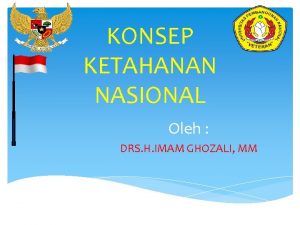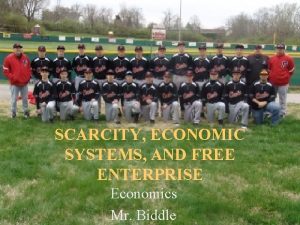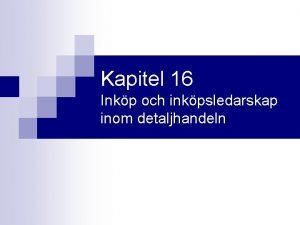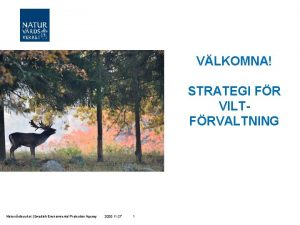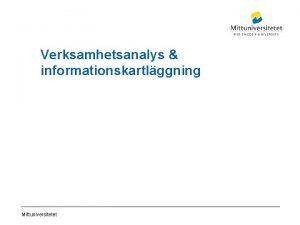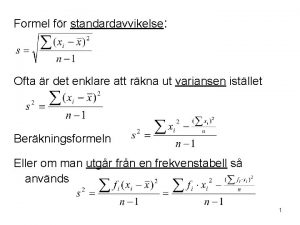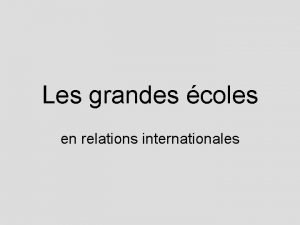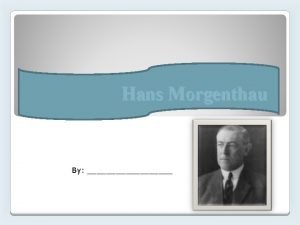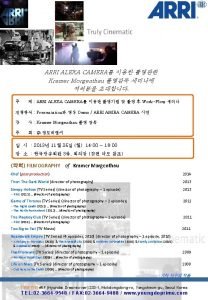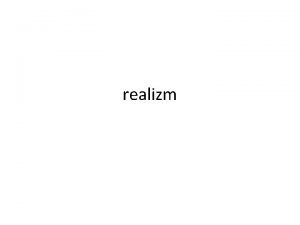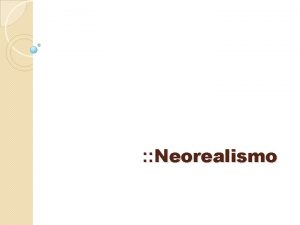Hans Morgenthau Politics Among Nations The Struggle for









- Slides: 9

Hans Morgenthau: Politics Among Nations The Struggle for Power and Peace First edition 1948 (1954, 1960, 1966, 1973…)

Politics Among Nations • Part 1: Theory and Practice of International Politics • Part 2: International Politics as a Struggle for Power • Part 3: National Power • Parts 4 -6: Limitations of National Power: The Balance of Power; International Morality and World Public Opinion; International Law • Part 7: International Politics in the Contemporary World • Parts 8 -10: The Problem of Peace: Peace Through Limitation; Peace Through Transformation; Peace Through Accommodation

1. Theory and Practice of International Politics • Theories must meet a dual test: empirical and logical (vrt. positivismi) • Two schools: one believes in the essential goodness of human character, the other (Realism) believes that the imperfect world is a result of forces inherent in the human nature • Politics is governed by objective laws; science of international politics: detecting and understanding the forces that determine politics (among nations) • Statesmen think and act in terms of interest defined as power • Peace has become the prime concern of all nations

2. International Politics as a Struggle for Power • Whatever the ultimate aim of (international) politics, power is always the immediate aim • Power = man’s control over the minds and actions of other men • Struggle for power: three forms: - policy of status quo - imperialism - policy of prestige

3. National Power • Nations pursue power as legal organizations called states • Elements of national power : • • • Geography Natural resources Industrial capacity Military preparedness Population National character National morale Quality of diplomacy – most important! ”brains of power” Quality of government

4. -6. Limitations of National Power • Balance of power: equilibrium, stability, preservation of all elemets of the system – unreal, uncertain, inadequate… • International morality: morality, law, world public opinion – not much good… • International law: treaties, courts, UN – sovereignty prevents from functioning…

7. International Politics in the Contemporary World • The new moral force of nationalistic universalism: morality of individual nations presented as universal – secular religion! • New balance of power – inflexible, no balancer! • Total war: of, by and against total populations, for total stakes

8. -10. The Problem of Peace • Through limitation (of destructive tendencies): disarmament, collective security, judicial settlement, international government • Through tranformation (of the system): world state, world community • Through accommodation: DIPLOMACY – promotion of national interests by peaceful means

World Peace? peace-preserving and community-building processes of diplomacy -> integrated international society / world community -> world state -> world peace!
